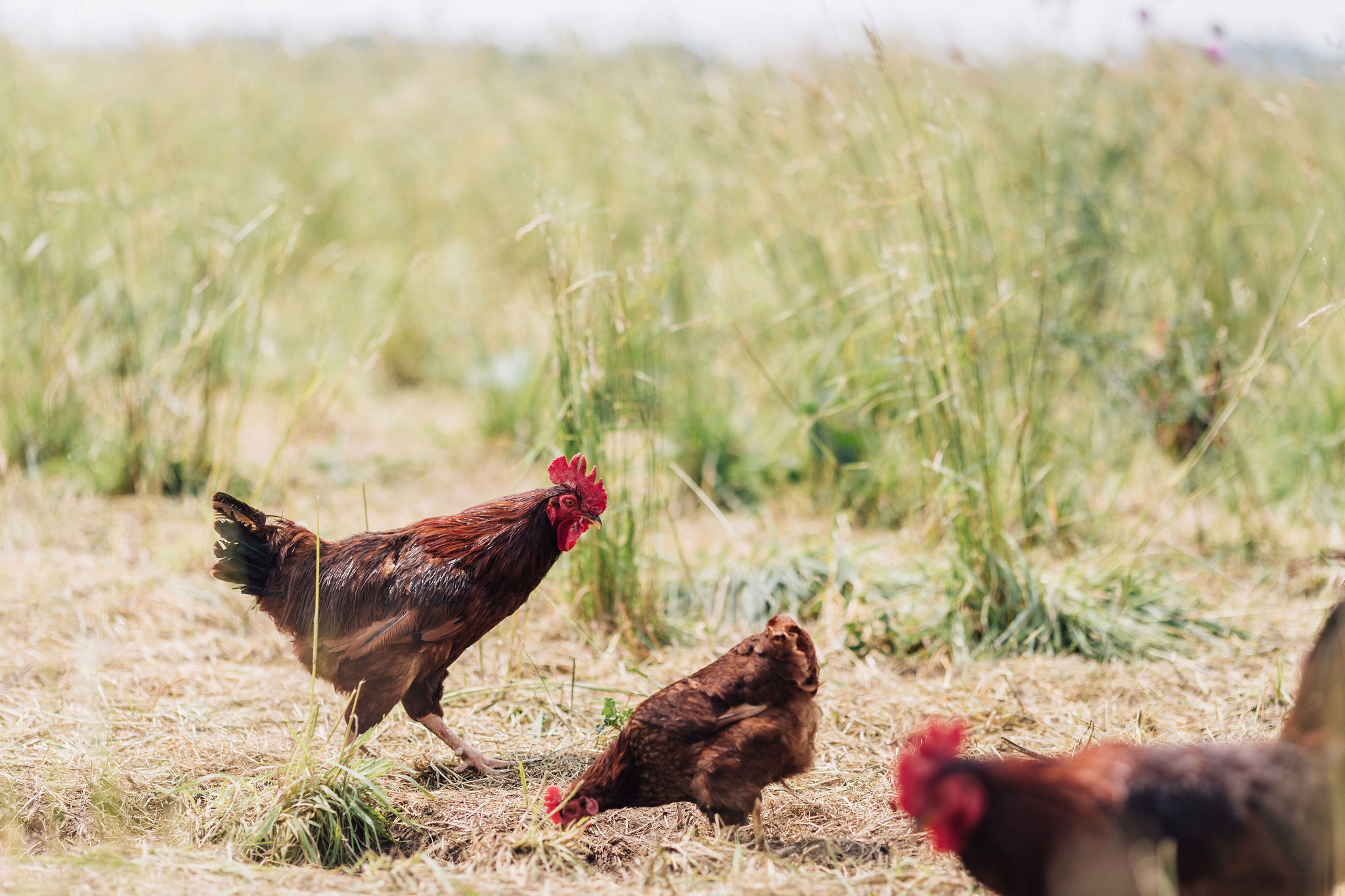The most contested issue of the perfect steak. When should you salt your steak?
posted on
July 26, 2019

Cooking the perfect steak is like winning a trophy. When you get it right, you are certainly celebrated.
The general consensus is that you should dry cook a steak, that internal temperature matters for how you like it “done”, and that it should be well seared. But, there’s one big issue that folks simply can’t agree on.
When should you salt your steak? That is the question.
If you read a lot of cook books or listen to a bunch of foodie podcasts or even chat with various friends and family members, you’ll get a bunch of different perspectives on salting a steak. How do you know when to salt a steak? Let’s explore this a bit.
If you start with a room temperature steak, here are the results of salting.
Immediately after salting a steak, the salt sits on the surface, undissolved. The steaks juices remain inside. If you cook it now, you will get a nice, hard sear with a nice salty crust.
After about 3-4 minutes, the salt begins to draw out juice from the steak through the process of osmosis. You end up with a layer of liquid on top of the steak. If you cook the steak now, the initial heat energy is put into evaporating the liquid, and you won’t get a nice sear.
After about 10-15 minutes, the salt dissolves into a brine and starts to break down the muscle fibers of the meat. You will still have a good amount of liquid on the surface of the meat, resulting in a weak sear.
After about 40 minutes after salting, all of the brine has been absorbed into the meat. A slight amount of evaporation has occurred, causing the meat to be slightly more full of flavor. Since there’s no liquid on the outside, you’ll get a nice sear at this point.
Let’s say you let the salt brine sit even longer - overnight uncovered in the fridge. The salt brine goes deeper. It not only tenderizes the meat, breaking down the muscle structure, but will also impart deeper flavor. Sure, you lose some moisture overnight. But, in the end, this moisture loss is likely unnoticeable.
So, what’s the verdict?
It seems that you can either salt a steak less than 4 minutes before cooking OR let the salt sit for 40 minutes or more before cooking.
As long as you avoid minute 4-40 after salting, when the moisture sits on the outside of the meat, you should end up with a deliciously seared steak.
Of course, another option is to not salt the steak before cooking. Cook and then salt after. You’d certainly get a nice sear and have no moisture loss. However, in my opinion, you’d be missing out on some added flavor. I mean, there’s a reason that salt was one of the earliest commodities to be traded. It’s that good!
Salting will work with any steak from any animal.
You may want to try a boneless steak like a Delmonico Steak, Flat Iron Steak, Ranch Steak, or Round Steak. Or, you can try a bone-in steak like a T-bone Steak or Pork Shoulder Steak.
Enjoy the food!




